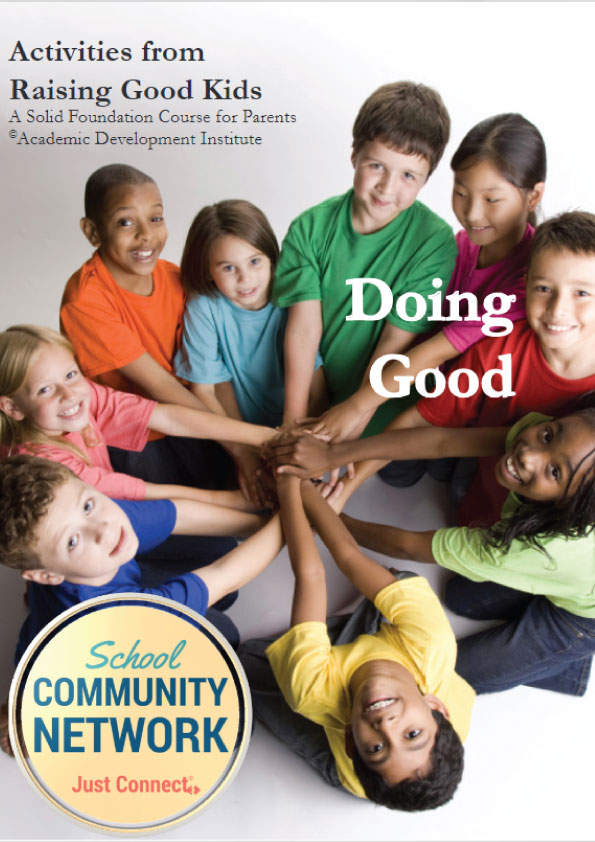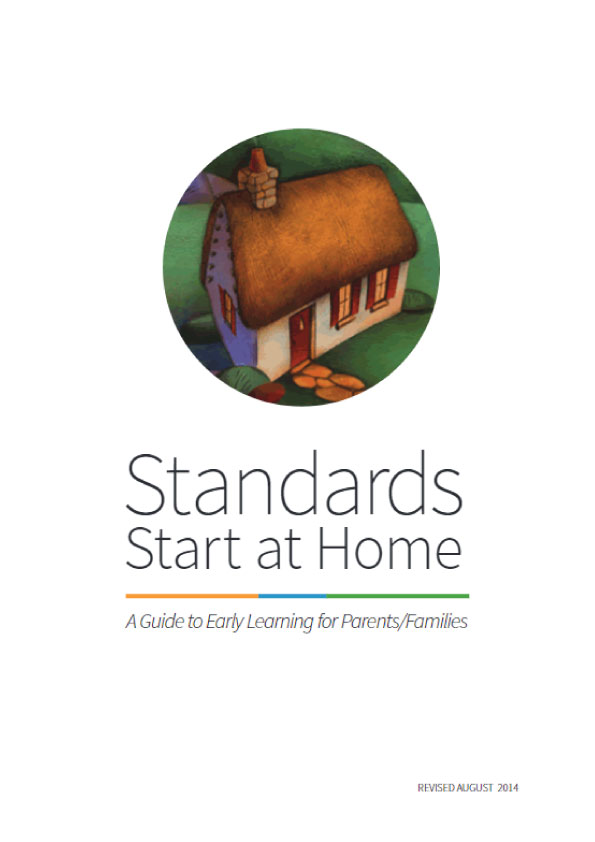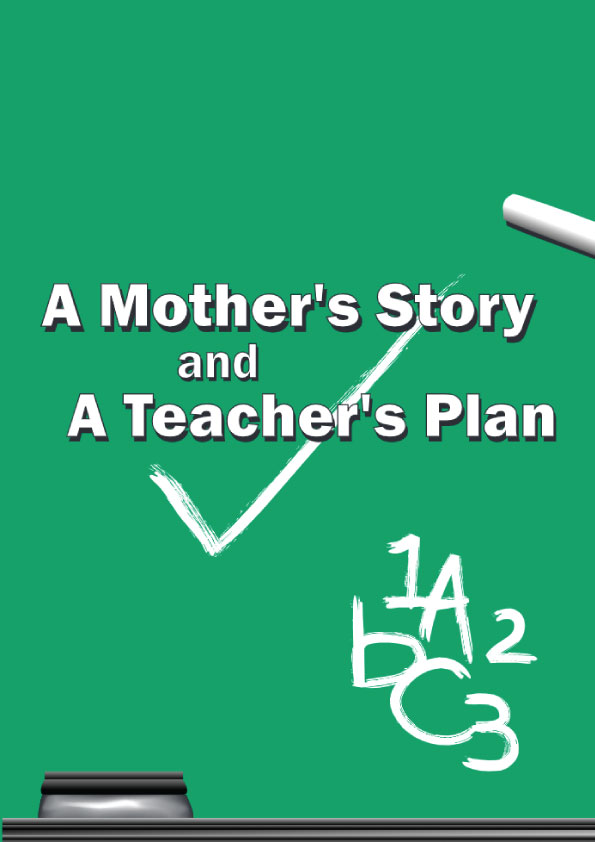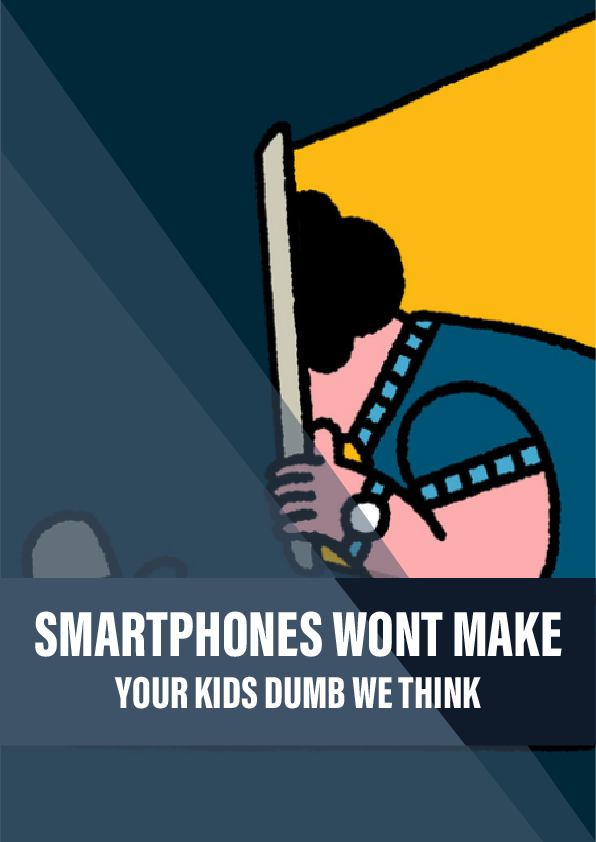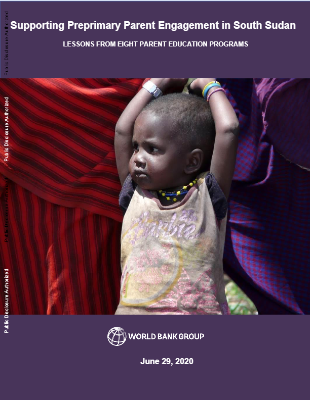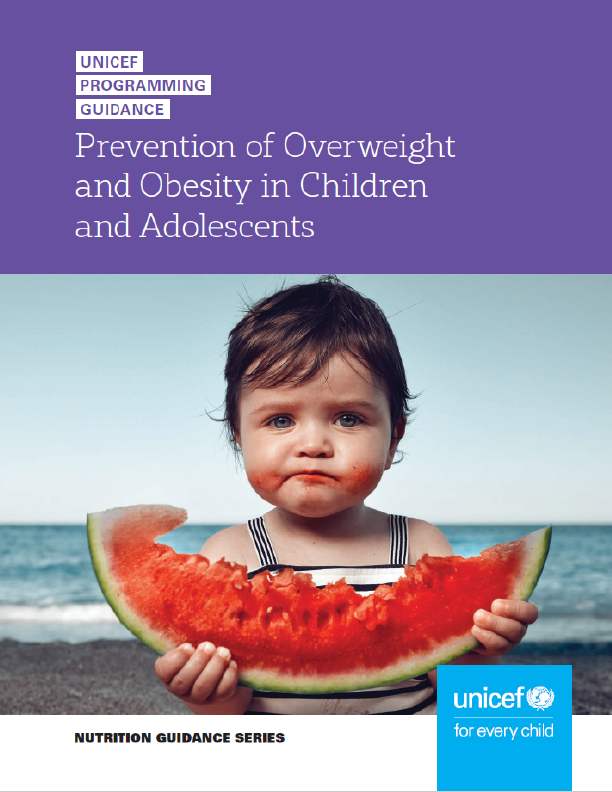Actions speak louder than words. As parents, we not only nurture our children’s natural feelings of sympathy and fairness, we also teach them the behaviors of respect and responsibility.
Helping
Helping others begins with helping at home. Every child can have responsibilities in the household—tasks that they regularly perform as their contribution to the family’s well-being.
Helping outside the family helps children to widen their sense of responsibility to the world around them. As children learn to reach beyond themselves to help, they see themselves being genuinely useful. They grow in self-respect and responsibility.
Brainstorm ways your family could work together on simple service projects that would be helpful to someone outside the family. Be sure the children have input. Ideas:
Let children select from a short list of possible helping activities. This will increase interest and cooperation. Then go do some good together! Make sure you don’t accept anything in return to have the biggest impact on learning to do good for the sake of building good character.
Owning Up
Everyone makes mistakes. Mistakes are a part of life and can be forgiven.
When parents make mistakes, the best lesson they can teach their children is to show them how to admit error. A simple statement such as “I should not have done that” followed by an apology is all that is needed.
If parents show children they can face up to their mistakes and take responsibility for their actions, but still respect themselves, children are likely to do so as well.
Children can learn to “own up” by being taught the language of admitting error when they make mistakes. At these critical moments, it’s easy for parents to react
and yell instead of merely asking the child to say, “I shouldn’t have done that, and I’m sorry.” Calmly teaching the child the right words helps show the way.
Honesty comes gently to a child who learns that mistakes can be taken in stride, and even learned from, when they are admitted.
Role playing may help kids to practice so they (and we as parents) are more ready to react in a helpful way when mistakes happen in everyday life. You could also notice how characters respond in a book or movie when they make mistakes and discussing it as a family.
Manners
Manners are one way we show respect for other people. One way to brush up on manners is to teach and practice manners through role-playing games.
Meeting People
Unless taught, children and adolescents can feel awkward when meeting someone for the first time. Teaching them the following simple steps can help them meet people with grace and polish. The best way to teach the steps is to role play with them, taking turns playing the role of the person initiating the introduction.
- Look into the person’s eyes and extend your hand to shake.
- Give a greeting and tell your name. (“Hello, my name is Sally.”)
- Listen for the person’s name.
- Repeat the person’s name. (“I’m happy to meet you, Jim.”)
- Ask a question. (“Do you live in the neighborhood?”)
These simple steps, taught and rehearsed, help children handle what can otherwise be a frightening social situation. Repeating the person’s name helps the child remember it. Asking a question pushes the conversation forward.
Giving And Receiving Compliments
Again, practicing through role play can help. The simple steps to remember are:
Giving A Compliment
- Look for good things about a person.
- Be sincere and direct in giving compliments.
- Look people in the eyes.
Receiving A Compliment
- Say a sincere, “Thank you.”
- Accept the compliment positively and happily.
- Don’t deny that you deserve the compliment.
Make sure you practice giving your children sincere compliments, especially for sincere effort and hard work!
Table Manners
Parents can set a table and play “restaurant” with their children. The children can play the roles of customers and a parent can be a waiter. As they play, the family can discuss such questions as:
- How should we behave in a restaurant?
- How do we show respect to a waiter or waitress? To other customers?
- How should we talk to each other?
- What should we say when the server brings the food?
- How should we eat the food?
Extend the lessons to a special family “Manners Dinner.” A family meal with pretty dishes and a candle or centerpiece can be a special time. Teaching and practicing good manners is a way to avoid nagging about bad manners.
“Excuse Me!”
Line up chairs and pretend the children are on a bus. What should children do if the bus stops suddenly and they bump into someone? With the children, make a list of incidents that require an “excuse me.” The children will enjoy adding to the list as they experience new situations where someone said, or should have said, “Excuse me.”
Saying Thanks
The next time children mention something nice another person did for them, parents can suggest they write a thank-you note. It does not have to be long or have a lot of words. It can have pictures. Parents can also write short thank-you notes to their children.
Together as a family, talk about and practice other times and ways to say thank you.
Telephone Manners
Children don’t see or hear as many phone calls these days, but learning how to make and answer a call is still important.
Parents may use role playing to practice telephone manners with children. Start with a funny example of the wrong way to answer the phone. Then children can practice how to answer the telephone politely, how to call someone to the telephone, how to take a message, and what to say if the parent is not home or is busy.
Also, children can learn how to make a call and tell the person who answers who is calling. After rehearsing, children can call a relative or friend to practice their new skills.
